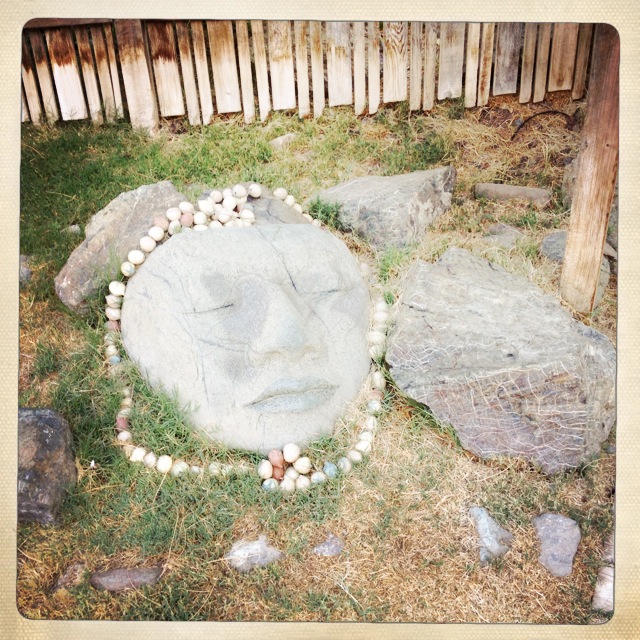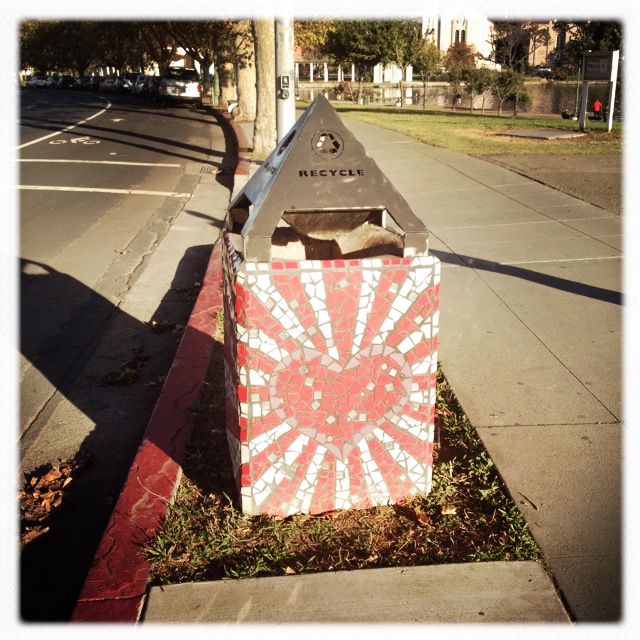What is bodywork?
This term is used to encompass therapeutic massage but to also name modalities that work through clothing, or with integration of the physical body, nervous system, and energetic system. My practice is informed by Western traditions in deep tissue, Rolfing, and somatic awareness, and Chinese Taoist traditions in Five Element Theory. I am a practitioner of deep bodywork, Chi Nei Tsang, therapeutic massage and acupressure. What may be “deep” work varies from person to person. In a session, we engage with many layers of the body, from the connective tissue to deep structures to light energetic touch.
Benefits and intentions of bodywork
Bodywork is a form of basic health care. Many of us are chronically stressed out, stretched thin, exhausted, and wound up with postural, mental and emotional patterns. Bodywork can be thought of in various ways, depending on need and intention. It can be an extremely helpful form of regular stress management, literally wringing ourselves out, releasing the accumulated tensions and acids that build up in our tissues, and crowdedness in our minds and hearts. Much of the pain we experience is to due to there not being enough space. Receiving bodywork is a way of helping to make more internal space and length.
It stimulates the body’s capacity for self-healing.
Benefits may include:
- alleviation of pain, tension, tightness
- increase immunity, circulation, resilience and flexibility
- promote tissue regeneration, help post-surgery adhesions
- relaxation of the nervous system
- improved digestion, physical and emotional
- greater range of motion in joints, ease and presence in movement
- lessen anxiety, depression and insomnia
- support in managing repetitive stress injuries and chronic conditions
- fuller recovery from an acute condition, accident, procedure, experience of shock
- deeper, more expansive well-being
Many of the symptoms we experience can be thought of as little red flags asking us to listen to deeper issues or root conditions in which symptoms arise again and again. Bodywork can be a way of listening from a deeper place, listening to the non-verbal, to the subconscious, to the information, memories and patterns of holding in our musculature, connective tissue, internal organs and joints. Healing arts, whether hands-on or forms of movement meditation, are practices of embodiment, a way to help us (re)inhabit ourselves more fully.
“..make the impossible possible, the possible easy, and the easy elegant.” – Moshe Feldenkreis
Different forms of bodywork are beneficial to aid recovery from an accident, acute trauma, or procedure. It can also be a support to move through a time of transition, with greater ease, openness, and presence. It is a way to re-center and ground ourselves, whether moving through regular weather or major storms. And fully engaging with all seasons, natural and metaphorical.

I work within a complementary approach, which means that I strive to support clients in determining what types of alternative healing arts would be the best complement to the conventional medical route. It also means an ongoing process of education to figure out and assess which types of healing arts complement each other most effectively. It is a joy to be a part of a growing ecosystem of diverse practitioners, who are building networks of trusted referrals over time. I regularly consult with chiropractors, acupuncturists, physical therapists, doulas and other specialists, to support individuals in finding the best match for acute and chronic issues.
Integrative care is increasingly being recognized as a profoundly beneficial path, such as the integration of modalities such as acupuncture, massage and energy work to ease harsh side effects of major medical treatments and procedures, and to strengthen resilience and recovery.
